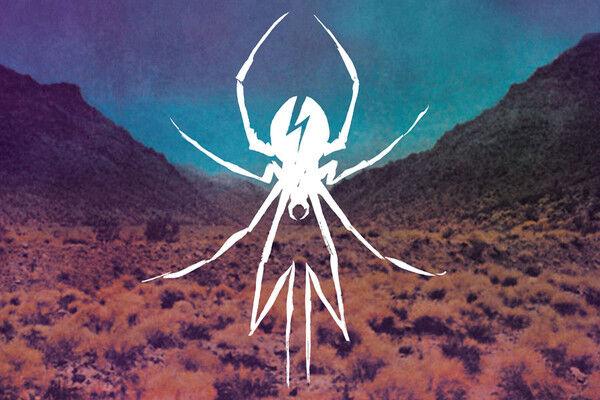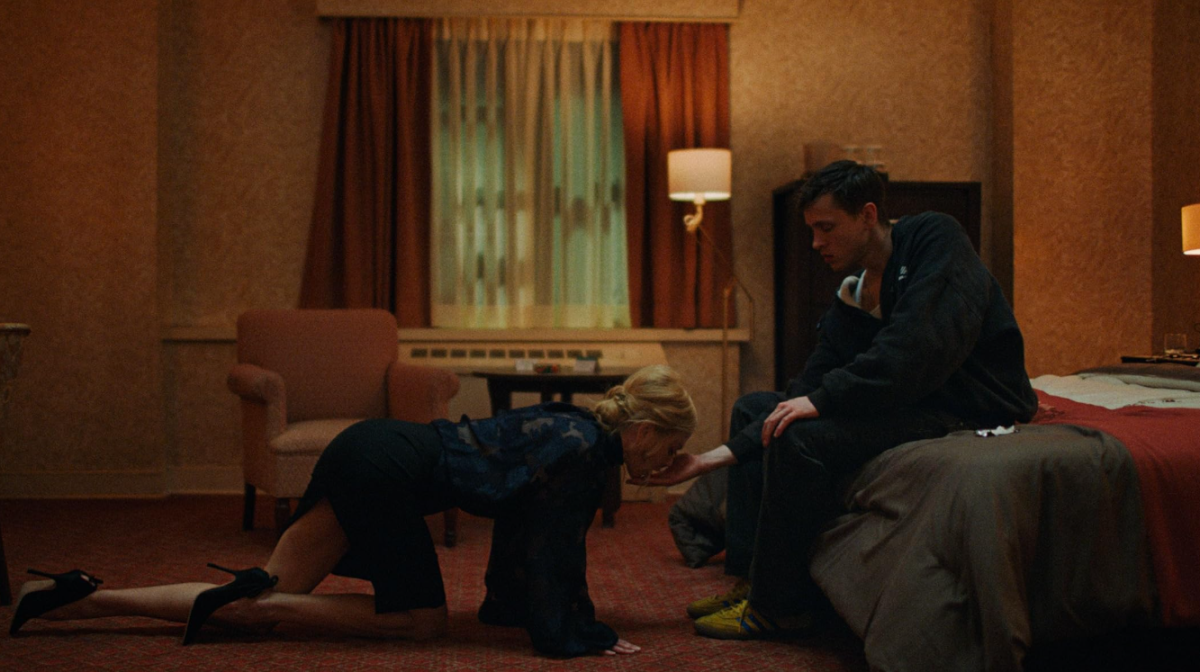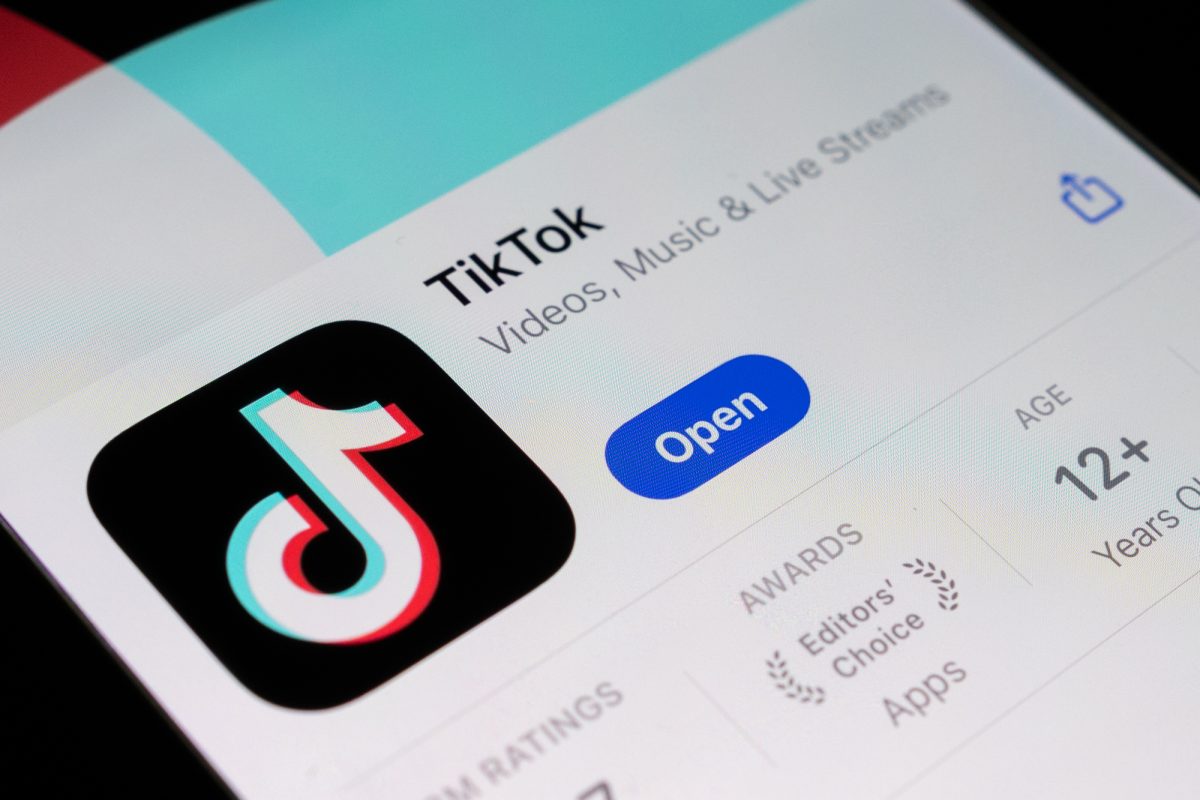The overnight classic status of My Chemical Romance’s “The Black Parade” in 2006 wasn’t something that was going to be surpassed easily. The album embodied a ferocity that had been lacking in the rock genre for the past couple of decades. The band felt there was an urgent lack of theatricality and storytelling in popular music at the time, and the current state of punk and metal was dominated by the petty male angst of new metal. The band wanted to do something more substantial with their music.
In response to this perceived streak of flaccidity in modern rock, the band put out high concept rock operas like “Three Cheers for Sweet Revenge” and “The Black Parade.” These violent, vaudevillian albums were both campy and macabre, and sincere, yet darkly humorous. “The Black Parade” is one of the most iconic albums of the 2000s, and “Three Cheers” remains one of the most vicious punk-inspired albums to hit the mainstream. The band is quoted as saying that they wanted to reintroduce what it meant to be a “dangerous” rock band. MCR has acknowledged the Sex Pistols and David Bowie as influences on their sound and image.
They were unsure of where to take their music next, as “The Black Parade” felt like such a natural magnum opus for the band. The album was their most ambitious and most accessible, with equal parts Rocky Horror-inspired glam rock and biting, emotive post-hardcore inspired by socially conscious bands like Thursday.
Instead of trying to make “The Black Parade” 2.0, My Chemical Romance took a stylistic 360 degree turn four years later with their fourth album, the cumbersomely titled “Danger Days: The True Lives of the Fabulous Killjoys.” The album was significantly less successful than its predecessor, despite having an equally audacious narrative. Instead of embracing skeleton paint and stark black marching band uniforms, the band donned colorful post-apocalyptic leather jackets and wielded laser guns. The music is noticeably less bleak, with a thematic focus on revolting against industrialization, commercialism and conformity.
But the real question remains: is the music good? Does it match the sharp songwriting and energy of “The Black Parade,” and does it bring a fresh perspective to alternative music? And perhaps most importantly, does it hold up in 2020 despite lacking the seminal reputation of the band’s previous two releases? The answer is yes. It doesn’t hold a candle to even the most mundane moments on “The Black Parade” (because there are none), but “Danger Days” is a completely new animal. The album is chock-full of glitzy synths and pummeling guitars. The melodies are as catchy as ever, even unapologetically sweet at times. The band is just as earnest, and this time they aren’t too punk to indulge in sentimentality such as on album highlight “Summertime.” The band embraces their adulthood in a way that few bands ever do. They knew that going darker for the sake of outdoing “The Black Parade” wasn’t going to work, so they wisely drew inspiration from their lives as they were at the time. At the time of writing the album, the members of MCR were in a much better place. They no longer needed to prove themselves because most of them were fathers and all of them were married.
As a result, “Danger Days” is bursting with positivity. The opener “Na Na Na” is an absolute firecracker and one of their best singles, and “DESTROYA” contains a memorably bombastic bass line as well as one of Gerard Way’s most relentless vocal performances. This track in particular is one of the more heavy-hitting cuts on the album, proving that the band is still capable of delivering ragers. “The Kids from Yesterday” is a truly heartfelt and nostalgic reflection on gratitude and graceful aging and possibly the most beautiful song the band has ever produced. “Bulletproof Heart” is a highly underrated pop-punk anthem that deserved to be a single.
Unfortunately, despite the many highlights and the infectious sense of fun, the album is nearly as devoid of fat as the bands previous two albums. “SING” is one of the few moments on the album which is just too saccharine to be taken seriously with half-baked, cringe-inducing lyrics and a lazy chorus. “Party Poison” is also one of the more forgettable tracks on the album, as it isn’t unique enough to justify its inclusion; it is far too similar to “Planetary (GO!).” Despite a few misfires, “Danger Days” is a more than worthy addition to the band’s short discography. It still holds up ten years later because it didn’t tie itself to any of the musical trends that were prevalent in 2010. It is undoubtedly its own beast and remains a highly underrated gem by arguably the biggest rock band of the 2000s and 2010s.
‘Danger Days’: A ten-year retrospective on My Chemical Romance’s most divisive album
September 11, 2020

Photo by Creative Commons
The album “Danger Days” was released by rock band My Chemical Romance on November 22, 2010.
0
Donate to The Battalion
$810
$3500
Contributed
Our Goal
Your donation will support the student journalists of Texas A&M University - College Station. Your contribution will allow us to purchase equipment and cover our annual website hosting costs, in addition to paying freelance staffers for their work, travel costs for coverage and more!
More to Discover















